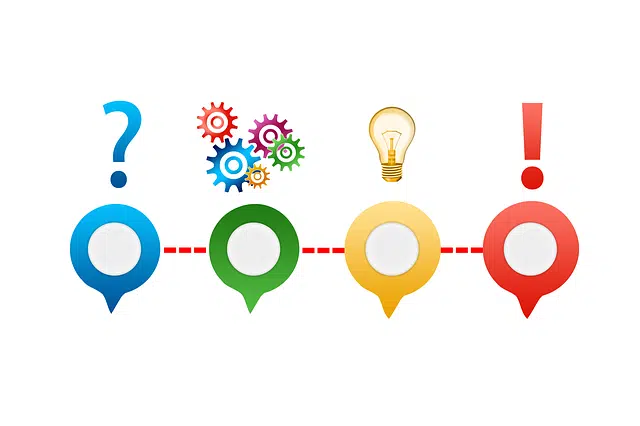
Maieutics is based on asking questions to a person so that the subject himself can find the answers in his mind.
The first step that must be taken in order to understand the meaning of the term maieutics that concerns us now is to proceed to determine its etymological origin. By doing so we will discover that it emanates from Greek, specifically from the word "maietikos" which can be translated as "helper in childbirth."
Maieutics is a method or technique that consists of asking a person questions until they discover concepts that were latent or hidden in their mind. The questionnaire is developed by a teacher who must be in charge, with his questions, of guiding his disciple towards non-conceptualized knowledge.
The maieutics technique presupposes that the truth is hidden in the mind of each person. Through dialectics, the individual himself develops new concepts based on his responses.
The Socratic method
Maieutics is generally attributed to Socrates and is even referred to as the Socratic method . Some experts, however, differentiate between maieutics and the Socratic method, since they maintain that the latter was based on irony and demonstrating to the interlocutor that what they thought they knew, in reality, was based on prejudices .
The etymological origin of maieutics dates back to the Greek language and is linked to obstetrics , the discipline that helps in birth. Socrates oriented the concept towards philosophy since maieutics helps in the birth, not of a baby, but of a thinking being.

Socrates is identified as the promoter of maieutics.
How a maieutics process is developed
Specifically, these are the steps that must be carried out in any maieutics process:
• The first thing is to proceed to ask the student a question.
• Immediately afterwards, he or she will give an answer that the teacher will be in charge of questioning or simply debating.
• In this way, an authentic discussion will be created on the topic around which the question asked initially revolved. The objective of this dialogue is to make the student doubt his own approach. You will feel uncomfortable and even confused because what you were previously very clear about, you now have doubts about and you don't know how to really defend it.
• From this situation that is generated, what occurs is that the student, at the hands of the teacher, will be able to reach not only a conclusion but also the knowledge of general but fundamental values and truths for the growth and inner enrichment of the being. human.
From transmitting answers to generating questions
In this way, the clear difference that existed between the teachings of the sophists and that of Socrates becomes clear. And the thing is that, while in the former the teachers gave presentations so that the students could learn, what the philosopher intended was for his "disciples" to achieve knowledge for themselves through the individualized help of the philosopher.
The idea of maieutics can be transferred to the educational system when it is understood that knowledge is constructed collaboratively. The teacher should not give answers to the student, but rather sow doubts and concerns that lead him to think and reflect until he generates his own notions. The teacher, therefore, must dialogue with the student and help him find answers in his analyses.
